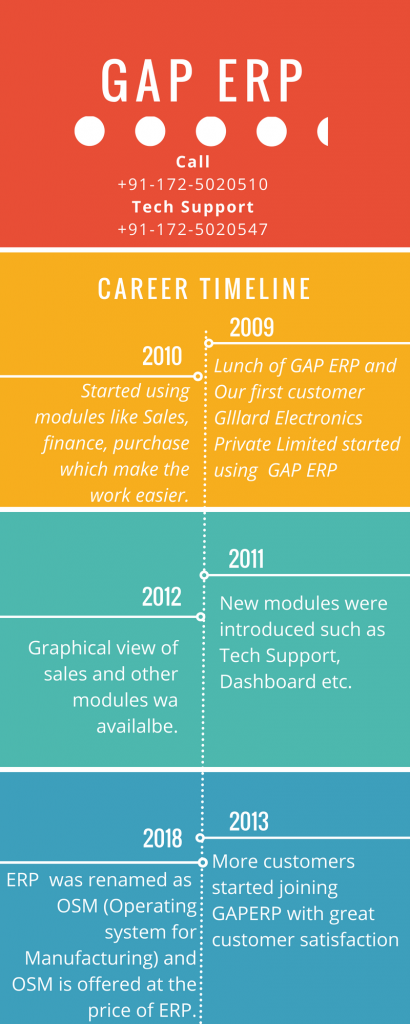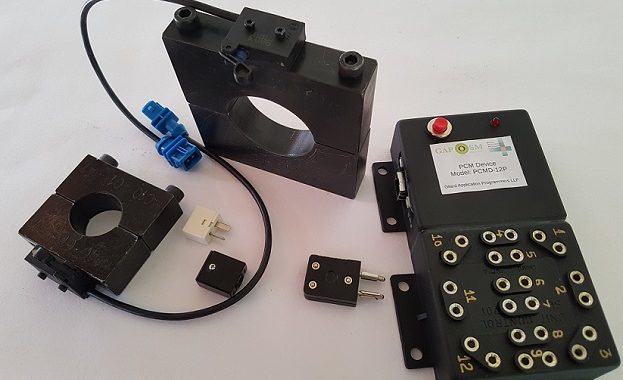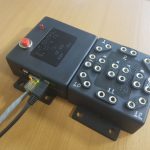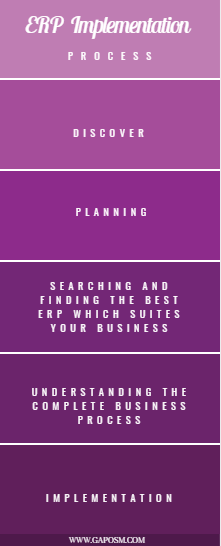Storage
STORGE is a MUDA. It is a wasteful and non-value adding activity. On the contrary, it is likely to diminish the value of the goods being stored due to deterioration.
However, it is a necessary evil and can be demanding on Resources like Space, Man Power and Money.
Storage per se includes 4 processes:
1. Receiving Material
2. Actually Storing it at a location
3. Retrieving it
4. Issuing it
The improvement plan for Storage would mean , using lesser resources for the storage process. Less space, less manpower and lesser money.
Standardization is the key to make these improvements
Standardize the pack size for receiving and issuing. This will reduce the time and manpower required at both these points.
Standardize the Location where the stocks are to be stored. This will reduce the time taken to Store and Retrieve the stocks. FIFO and control on Shelf Life items can also be implemented.
Storage of material is mainly done to cover 2 mistakes:
1. Either the stocks have been received before they were required or
2. The Quantity received has been more than the Quantity actually required.
Bigger the mistakes, bigger are the storage problems to be tackled.
The demand for more storage area and more man power is a direct result of these mistakes for which the Stores Department is not responsible. It is a result of mistakes of poor planning at Materials, Production, Purchase or Sales forecasting.
A problem which may seem to be with “Storage” might be only the tip of a huge iceberg which may have the potential to sink an industrial Titanic.
The Iceberg may actually be lack of systems to compute and control the purchases, production, quality and marketing forecasts.
The resultant may be .. High investment in Inventories, Low ITR, Accumulation of Dead Stock, Poor Accountability on Material Usage, Rejection and Pilferage.
ERP software helps in storage management and manages all the work in stores and inventory. ERP keeps a record of all the stock and tracks the stock till it reaches the customer. OSM helps in storage management as it manages all the operations performed in stores. The management of stock, control on inventory, can be done by the ERP software. ERP has the potential to manage all the processes going on in stores.







 G.A.P ERP is ERP company in Mohali and is a light-weight business management software solutions, which can be customized for specific solutions of the business. A business uses various modules to handle their back office operations. All the needs of the customer are managed through ERP. ERP was once only used by large businesses but in the coming years many ERP software‘s for small businesses have entered into the market.
G.A.P ERP is ERP company in Mohali and is a light-weight business management software solutions, which can be customized for specific solutions of the business. A business uses various modules to handle their back office operations. All the needs of the customer are managed through ERP. ERP was once only used by large businesses but in the coming years many ERP software‘s for small businesses have entered into the market.